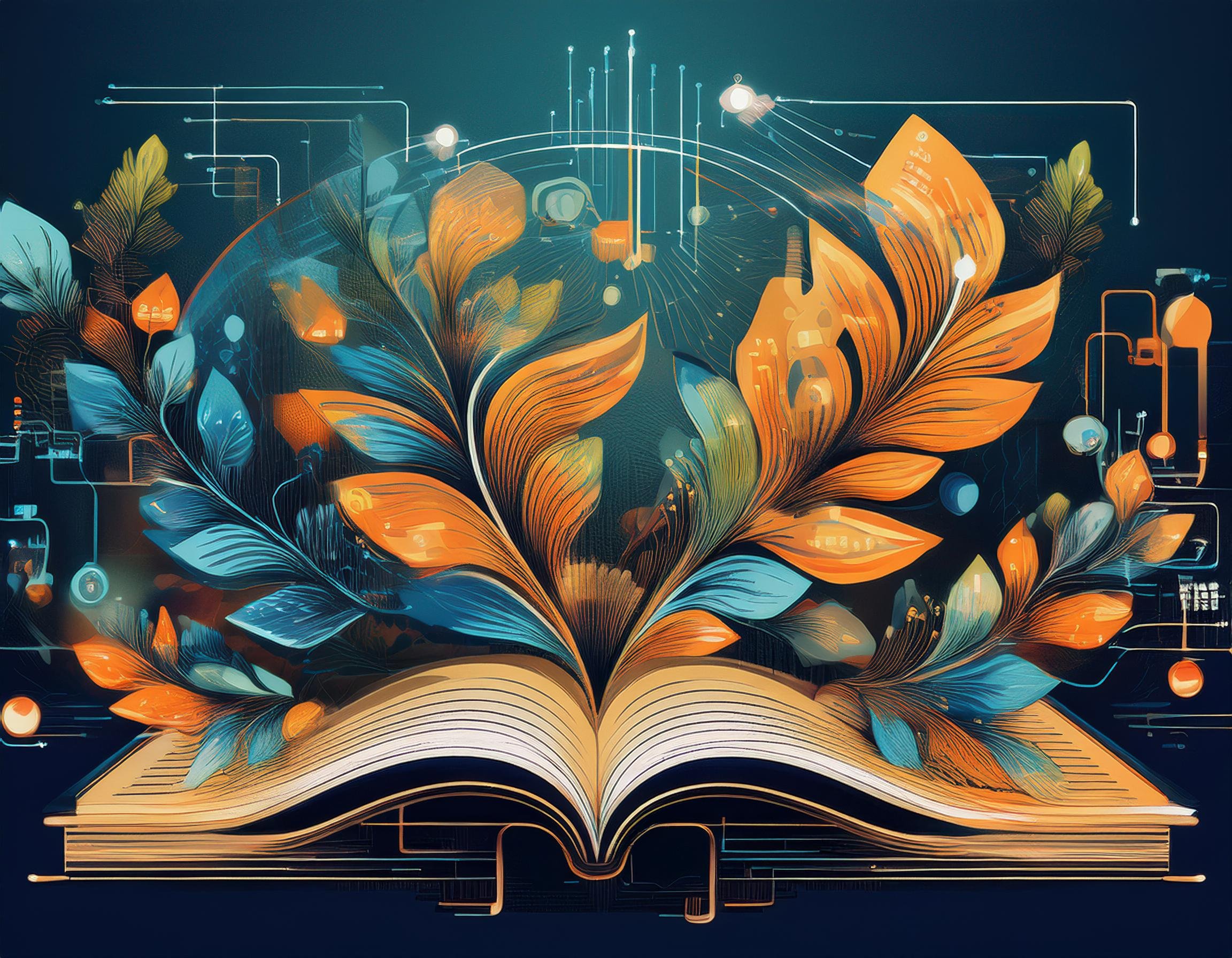
Harnessing the Power of Hybrid AI Deployment in Content Creation for Publishing Companies
In today’s rapidly evolving digital landscape, the publishing industry is undergoing an unprecedented transformation. The advent of artificial intelligence (AI) has unlocked new possibilities for streamlining content creation, optimizing editorial workflows, and amplifying marketing strategies. While many companies concentrate on implementing a single AI solution, the true potential lies in a hybrid AI deployment—a strategic approach that integrates multiple AI tools, even those from competing platforms, to build dynamic, highly effective workflows.

Why the Humanities Matter More Than Ever in the Digital Age
In a world obsessed with AI, automation, and data-driven decisions, it’s easy to overlook a critical driver of innovation and success: the humanities.
While technology shapes the what and how of our future, the humanities define the why.
Here’s why the humanities aren’t just relevant—they’re essential in today’s workplace:
Ethical Leadership: Navigating the moral dilemmas of AI, data privacy, and automation requires more than code. It demands critical thinking rooted in philosophy, history, and ethics.
Future-Proof Skills: Creativity, complex problem-solving, and emotional intelligence—key traits cultivated through the humanities—are consistently ranked as top skills for the future of work.
Human-Centric Productivity: As automation handles routine tasks, the true value lies in uniquely human capabilities: empathy, communication, and cultural literacy.
Purpose-Driven Work: In an era where employees seek meaning, companies with leaders who understand human stories, values, and social impact stand out.
🚀 The future isn’t just about technology—it’s about how we, as humans, lead, connect, and create within it.

The Future of Ebooks and Humanities Publishing in 2025 and Beyond
Ebooks have evolved beyond basic digital copies into interactive, AI-driven experiences. In 2025, the humanities ebook market is transforming with AI-generated content, augmented reality, and blockchain ownership, reshaping how readers engage with digital texts. This blog examines these emerging trends and their impact on scholarly and general readership.
